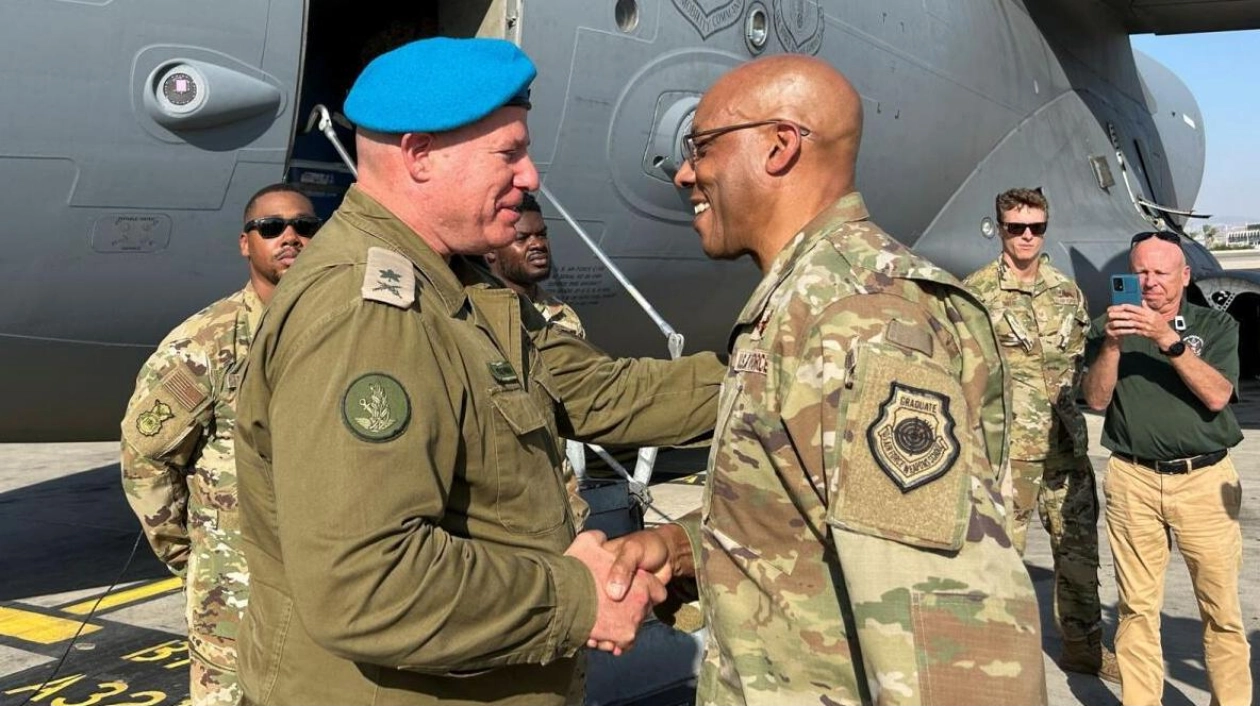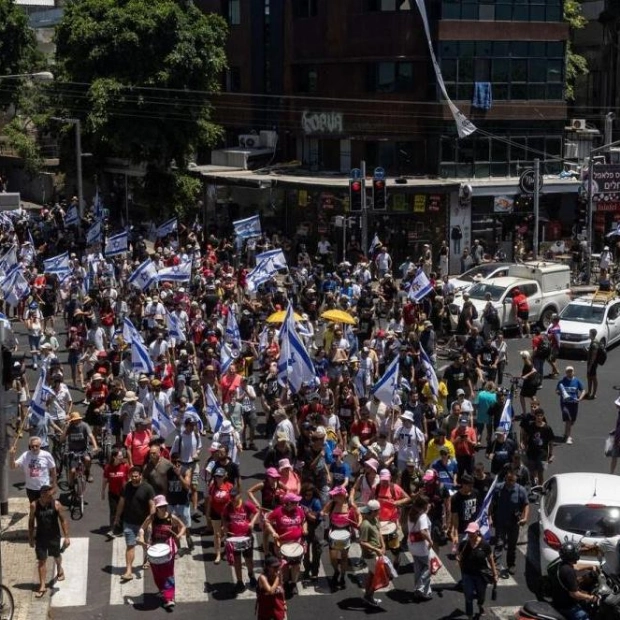The immediate threat of a wider conflict in the Middle East has diminished slightly following a skirmish between Israel and Lebanon's Hezbollah that did not lead to further escalation, but Iran remains a considerable threat as it contemplates an attack on Israel, according to America's top military officer. Air Force General C.Q. Brown, the chairman of the Joint Chiefs of Staff, discussed these developments with Reuters after returning from a three-day visit to the region, which included a stop in Israel shortly after Hezbollah launched a significant barrage of rockets and drones, prompting a counterattack by Israel's military aimed at preventing a larger assault. Although this was one of the most intense exchanges in over ten months of border hostilities, it concluded with minimal damage in Israel and no immediate signs of further retaliation from either party.
Brown highlighted that Hezbollah's attack was one of two major threats against Israel that have surfaced recently. Iran is also threatening retaliation for the assassination of a Hamas leader in Tehran last month. When asked about the current risk of a regional war, Brown responded, "Somewhat, yes." He explained that the situation now hinges on Iran's reaction, which will influence Israel's response and potentially the onset of a broader conflict. Brown also warned about the risks posed by Iran's militant allies in countries like Iraq, Syria, and Jordan, who have targeted US forces, as well as the Houthis in Yemen, who have attacked shipping in the Red Sea and even launched drone strikes against Israel.
Iran has promised a harsh response to the killing of Hamas leader Ismail Haniyeh, whom it accuses Israel of assassinating during a visit to Tehran. Israel has not confirmed or denied its involvement in the incident. Brown noted that the US military is now better prepared to support Israel and its own forces in the region compared to its readiness on April 13, when Iran launched a massive attack using drones, cruise missiles, and ballistic missiles. Despite this, Israel, the US, and their allies were able to neutralize nearly all of these weapons before they could reach their targets.
Brown emphasized the ongoing efforts to enhance military preparedness, including the maintenance of two aircraft carrier strike groups in the Middle East and the deployment of additional F-22 fighter jets. He stated that the ultimate decision on any military action by Iran would rest with its political leaders, who aim to send a strong message without igniting a broader conflict. The US administration, led by President Joe Biden, is actively working to mitigate the consequences of the ongoing conflict in Gaza, which has devastated large areas of the territory and led to numerous border clashes involving Hezbollah and the Houthis.
During his visit, Brown also received briefings on the security situation along Israel's borders with Lebanon and Syria and met with key Israeli defense officials. He acknowledged that despite recent strikes, Hezbollah retains significant military capabilities. The conflict in Gaza, which began on October 7, 2023, has resulted in the displacement of nearly all of the enclave's 2.3 million residents, leading to severe humanitarian crises and the deaths of at least 40,000 people, according to Palestinian health authorities.






